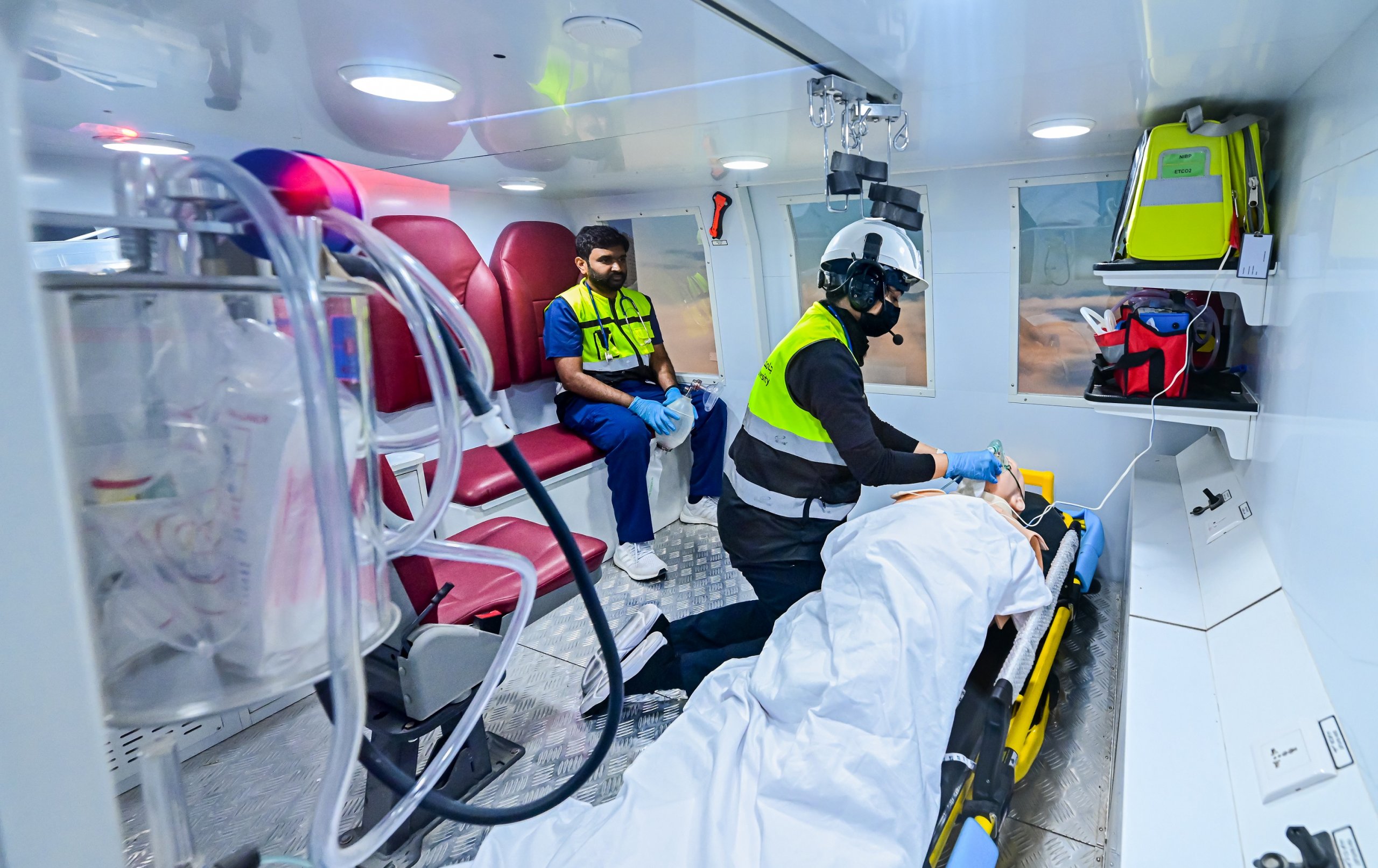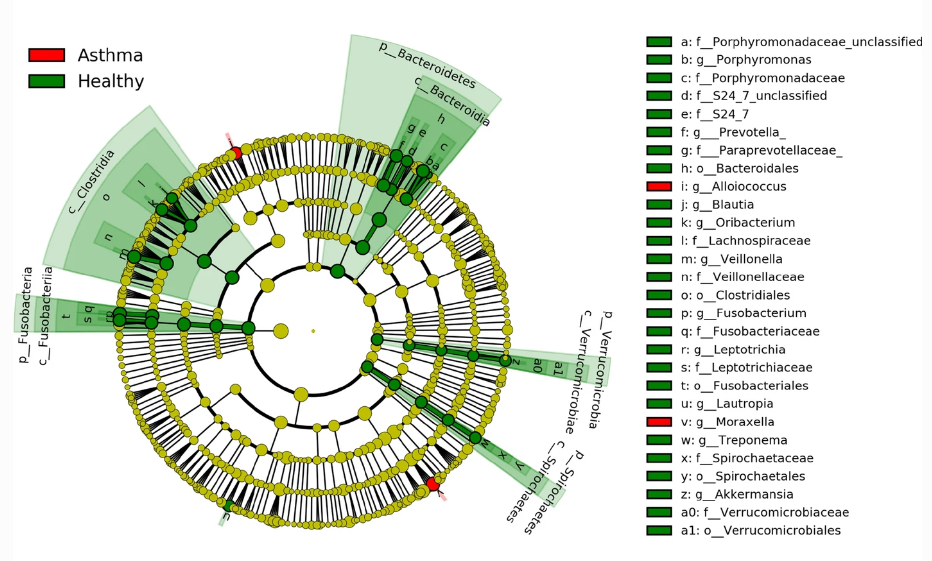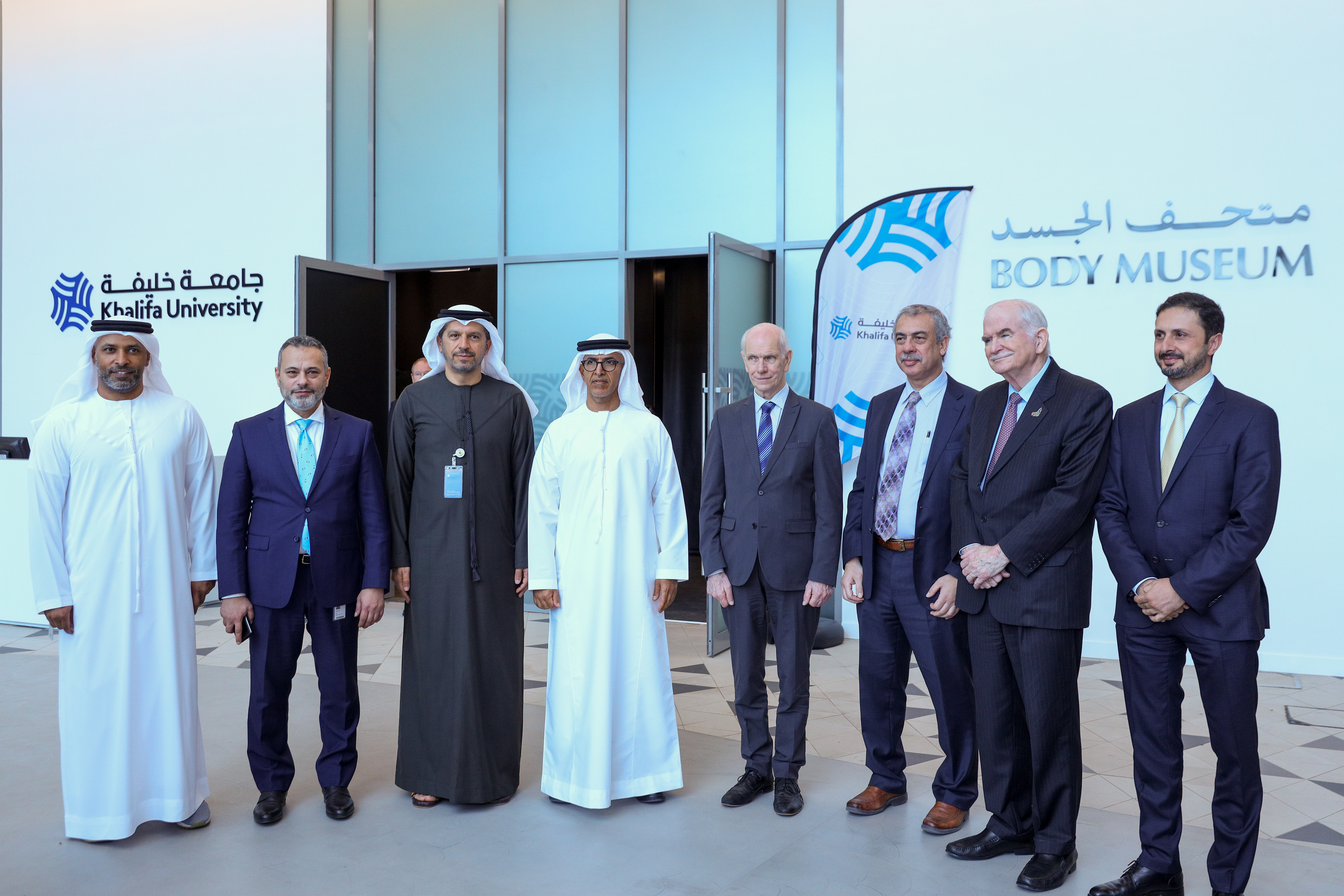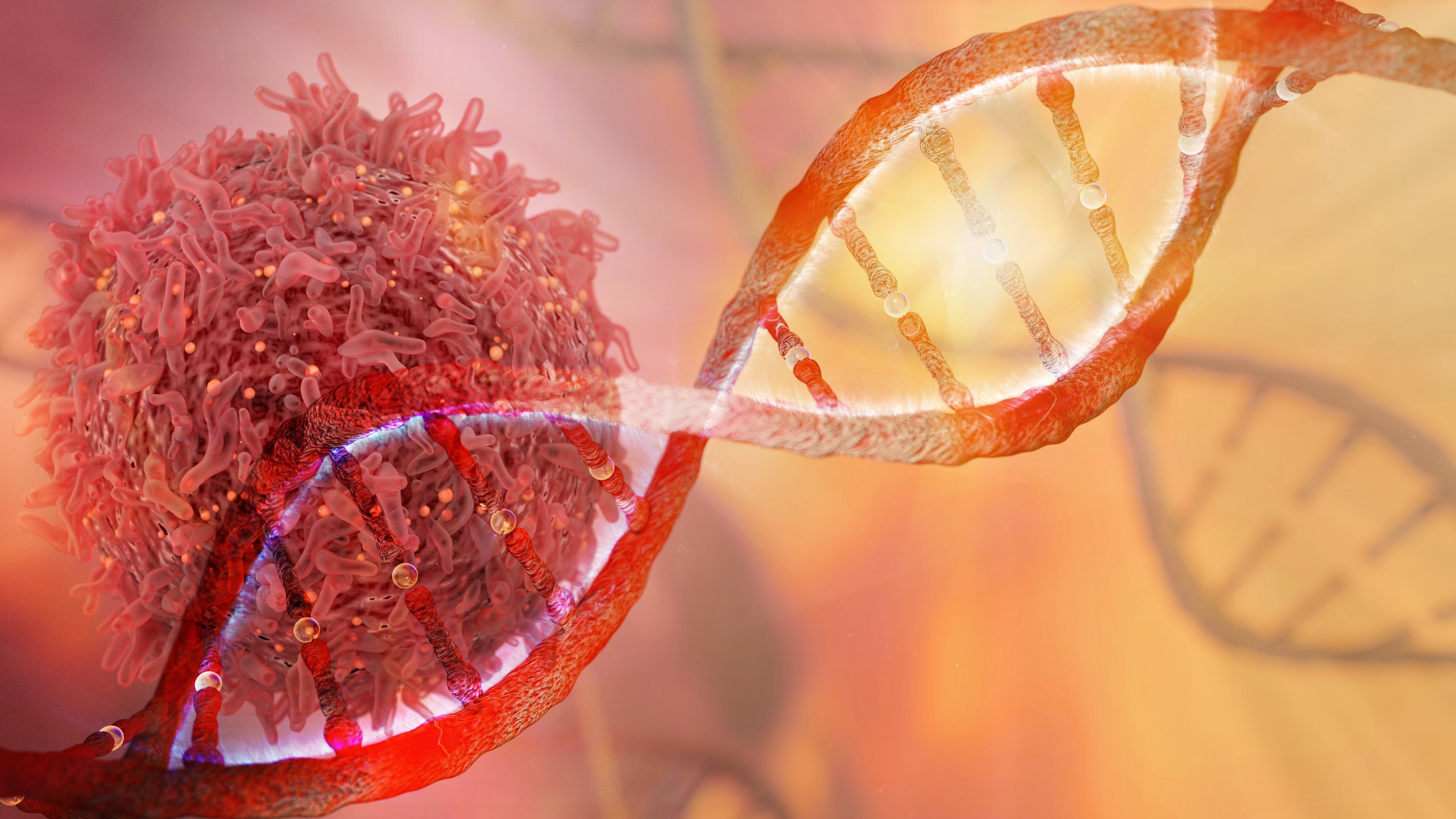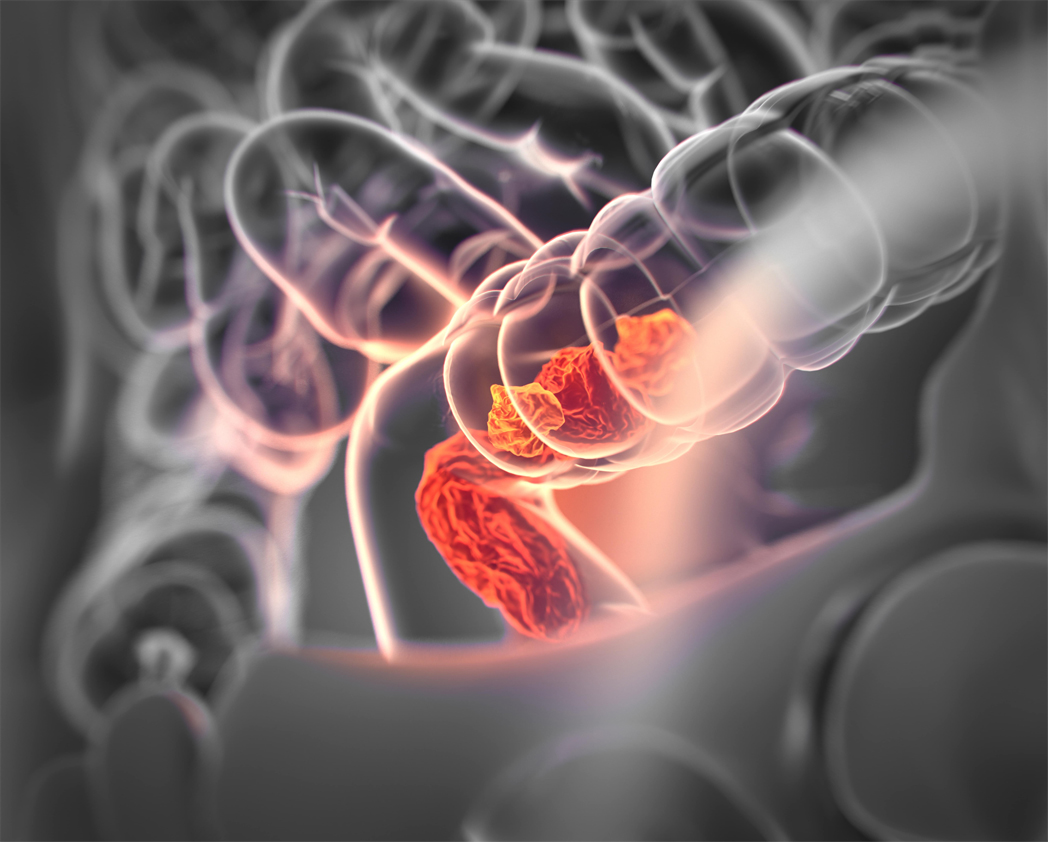PhD Research Helps Reduce Organ Transplant Risk Using New Insights to Emirati Genome
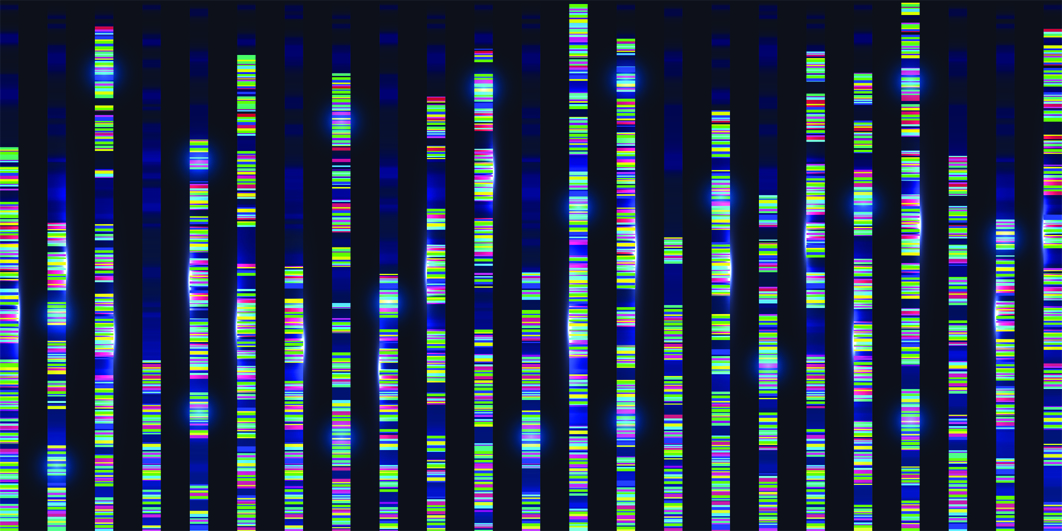
Halima Alnaqbi’s PhD research addresses the gap in Arab representation in global genome data and establishes preliminary framework for organ and bone marrow transplantation in the UAE.
Organ transplantation is one of the greatest advances in modern medicine and is the only life-saving strategy for patients with end-stage organ failure. Unfortunately, the need for organ donors is much greater than the number of people who donate. In the United Arab Emirates, the first successful transplantation from a deceased person was performed in May 2013. Since then, six deceased patients in the UAE have donated their organs to save the lives of 22 patients.
The human immune system, however, poses a significant barrier to success when organs are transplanted from one individual to another. Rejection is caused by the immune system identifying the transplant as foreign, triggering a response that will ultimately destroy the transplanted organ. Donor and recipient are carefully matched prior to transplantation to minimize the risk of rejection, using tissue typing and blood group markers, but research into the population-specific genome can also play a larger role.
Dr. Halima Alnaqbi has successfully completed her PhD in Immunogenetics with her thesis focusing on enhancing the existing organ transplantation system to include Arab ethnic groups. To minimize the risk of rejection among transplant recipients, Dr. Alnaqbi identified sections of the human genome that are shared among the UAE population, known as conserved extended HLA haplotypes. This was the first research to identify conserved extended haplotypes (CEHs) in Arabs using high-resolution HLA pedigree-phased haplotypes. Dr. Alnaqbi, Dr. Guan Tay, Dr. Sarah Chehadeh, and Dr. Habiba Alsafar, Director of the KU Biotechnology Center, published this research in Scientific Reports.
The human leukocyte antigen (HLA) complex, also known as the major histocompatibility complex (MHC), is a set of genes that code for cell surface proteins essential for the acquired immune system to recognize foreign molecules. It is the set of genes that determines compatibility for organ transplant, among many other things, and has garnered attention for its high level of allele variety among populations.
With more than 7000 alleles, the HLA complex is the most polymorphic region of the human genome. Studies have already examined the HLA complexes of various populations for many medical purposes, including populations where particular HLA types are very common and could potentially be identified as hot spots for severe disease, endemic persistence, or pathogen emergence. Proper understanding of the population-specific HLA complex is instrumental for making informed medical decisions.
“Unfortunately, there is a dearth of information about the structure of the MHC in Arab populations, especially for those who reside in Gulf countries,” Dr. Alnaqbi said. “The structure and content of the MHC region in Arab populations remain poorly characterized, posing challenges when establishing disease association studies in ethnic groups that inhabit the region and reducing the capacity to translate genetic research into clinical practice. We wanted to address the knowledge gap and characterize CEHs in the United Arab Emirates population.”
Conserved extended haplotypes refer to the conserved, long stretches of DNA that occur in people from the same population or ancestry. A haplotype is a physical grouping of genomic variants that tend to be inherited together and extended haplotypes provide most of the markers for HLA-associated autoimmune diseases. Previous disease association studies have been dominated by analyses based on populations of European ancestries, but this is gradually changing, allowing researchers to fill the knowledge gaps in disease risk predictions in some ethnic groups. The genome structure of Arab populations from the Middle East, however, remains poorly characterized.
“Although often grouped for their shared language, history, and culture, the populations of the Arabian Peninsula represent a genetically diverse group,” Dr. Alnaqbi said. “With the United Arab Emirates recently establishing its national organ registry program, this study provides insights on the MHC of the UAE population, which is important for matching recipients to appropriate donors.”
To contribute to the available data on Arab populations, Dr. Alnaqbi analyzed MHC alleles and haplotype frequencies in consenting volunteers from the UAE. Families were randomly recruited from different parts of the UAE and all participants were UAE nationals. The research found sections of genetic code were shared between the participants, identifying conserved extended HLA haplotypes in the population.
“The knowledge gap in the Arabian genome influences the ability of healthcare in the region to translate research outcomes from genetic studies into clinical practice, especially for critical clinical assays such as histocompatibility matching,” Dr. Alnaqbi said. “We need more effort into studying the MHC region of the Arabian population to offer better healthcare and benefit from the new paradigm of healthcare represented by personalized and precision medicine.”
Jade Sterling
Science Writer
15 June 2022
